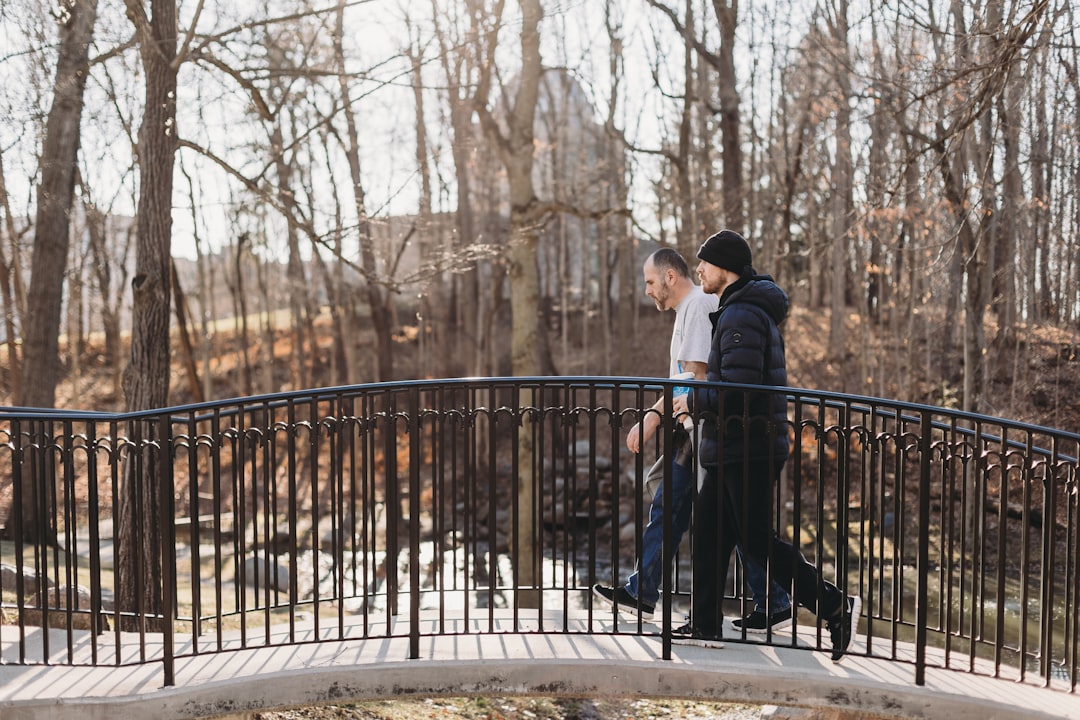Community gardens are more than plots of soil—they're vibrant hubs of learning, connection, and growth. One of the most powerful ways to activate a community garden and keep it thriving year-round is through workshops and educational programs. These offerings transform garden spaces into hands-on classrooms where people of all ages and backgrounds can learn practical skills, explore sustainability, and deepen their relationship with food and the environment.
In this blog post, we’ll explore the types of workshops you can host, the benefits of garden-based education, and tips for designing inclusive, engaging programs that serve your community.
Why Offer Workshops and Education in Community Gardens?
Community gardens naturally attract people who are curious, passionate, and eager to connect with others. Educational programs harness that energy and channel it into deeper learning and empowerment.
Benefits Include:
-
Skill-building in areas like gardening, composting, cooking, and sustainability
-
Community engagement through shared learning experiences
-
Volunteer training and capacity building for ongoing garden maintenance
-
Youth development and environmental education
-
Health promotion through nutrition, exercise, and mindfulness practices
-
Empowerment and self-sufficiency by teaching people to grow their own food
Whether you're teaching kids how to plant seeds or guiding adults through organic pest control, workshops make community gardens more dynamic, inclusive, and educational.
Popular Workshop Topics
Here are some engaging themes and ideas that can serve a wide range of interests:
🌱 Gardening & Horticulture
-
Intro to Organic Gardening
-
Seed Starting & Transplanting
-
Companion Planting & Crop Rotation
-
Growing Herbs for Health & Flavor
-
Seasonal Gardening Tips
🌍 Sustainability & Environment
-
Composting 101
-
Rainwater Harvesting
-
Pollinator-Friendly Gardening
-
Soil Health & Regenerative Practices
-
Urban Wildlife & Ecosystem Awareness
🥕 Cooking & Nutrition
-
Cooking with Fresh Garden Produce
-
Preserving the Harvest: Canning, Drying, Fermentation
-
Healthy Eating on a Budget
-
Food as Medicine: Culinary Herbs and Healing Plants
🧒 Youth & Family Programs
-
Kids’ Garden Days with Planting & Crafts
-
Garden Scavenger Hunts
-
Farm-to-Table Kids Cooking Classes
-
Storytime in the Garden
-
Nature-Based Art & Sensory Activities
🧘 Wellness & Community Connection
-
Garden Yoga & Mindfulness
-
Herbal Tea Making & Medicinal Plant Walks
-
Community Potlucks & Cultural Recipe Exchanges
-
Art in the Garden: Paint, Draw, Create
Planning a Successful Workshop or Program
1. Know Your Audience
Survey your community or garden members to understand their interests, skill levels, and availability. Tailor topics and formats accordingly—what resonates with seniors might differ from what excites teenagers.
2. Collaborate with Local Experts
Invite local gardeners, chefs, herbalists, environmentalists, and teachers to lead sessions. This not only ensures high-quality instruction but also strengthens ties within the community.
3. Keep It Hands-On
Gardens are perfect for experiential learning. Let participants dig, plant, taste, and build. People retain more when they learn by doing.
4. Make It Accessible
Consider:
-
Offering programs in multiple languages
-
Providing child care or family-friendly options
-
Using visual aids and simple instructions
-
Designing for different ability levels
5. Promote Your Events
Use flyers, social media, local newsletters, and word of mouth. Don’t forget to highlight the benefits: “Learn to grow herbs and take home a starter kit!”
6. Evaluate and Evolve
Collect feedback after each session to improve future offerings. What worked? What would participants like to see next?
Examples of Educational Programs in Action
🌼 “From Seed to Plate” Series
A six-week program covering planting, harvesting, cooking, and preserving food. Each session includes take-home materials and recipes.
🐛 Compost Club
A monthly meetup where neighbors learn about building compost systems, managing food scraps, and using compost in their gardens.
🍲 Cultural Cooking Nights
Workshops led by community members sharing traditional recipes and food stories tied to what’s growing in the garden.
🌻 Garden School for Kids
A seasonal Saturday program with rotating lessons on insects, soil science, and growing your own snacks.
Final Thoughts
Workshops and educational programs bring life and purpose to community gardens beyond the harvest. They nurture not just plants, but people—equipping them with skills, inspiration, and a deeper connection to the land and each other.
Whether you’re hosting your first composting demo or planning a full-year curriculum, remember: the goal isn’t just to grow food—it’s to grow knowledge, resilience, and community.
So, roll out the potting soil, set up a table, and let the learning begin. Your garden is ready to teach. 🌿📚🌞
Interested in hosting workshops in your community garden? We can help you design a program, find facilitators, and get the word out. Let’s grow smarter—together.

Comments
No comments yet. Be the first to comment!
You must be logged in to comment. Login